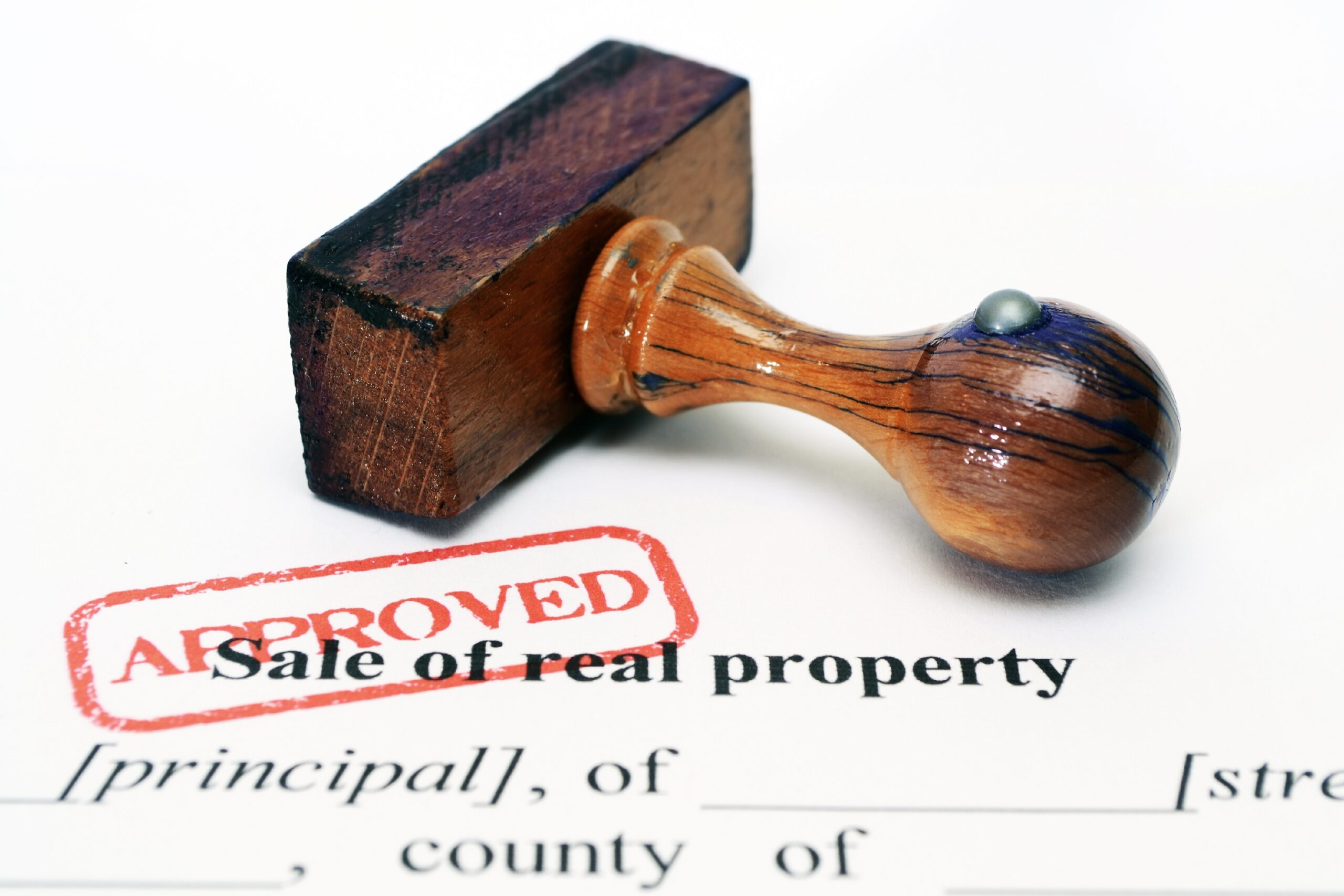What Is Title Insurance, Anyway?
The process of buying a new home can seem long, complicated, and sometimes downright frustrating. Still, after finding a suitable house, having a bid accepted, and seeing escrow opened, you may feel you’re on the home stretch.
That feeling’s not entirely unjustified. Clearly, you’ve made considerable progress, but it isn’t time to accept the door keys and move in quite yet. First there’s a title search to attend to. If the title search reaches the desired conclusion, it will then be possible (and necessary) to purchase title insurance.

That title search is an examination of the pertinent public records. It’s intended to establish that the seller of the property really does have ownership, free and clear. The title search looks at documents like deeds, will, and trusts from previous owners as well as liens, judgments, outstanding mortgages and easements.
If there are issues involving clear ownership, these need to be resolved before the sale can go through and title can be transferred. Sometimes clearing up the issue requires nothing more than correcting mistakes in public records. Other times, as when a lien is involved, for example, something more may be required.
After any issue has been resolved, you can buy homeowner’s title insurance to protect you against any claims involving title that might arise in the future.
If the Title Search Shows I Have Clear Title, Why Do I Need the Title Insurance?
You can count on trained professionals conducting a diligent search for any issues that might compromise your title to your new home. The fact remains, however, that it’s not impossible for some issue to emerge later that leaves you exposed to financial liability, places unexpected limits on your ability to use and dispose of the property as you see fit, and may even challenge your right to continue living there at all. Home title insurance protects you against such eventualities, and because of this, you’ll want it even if you’re paying cash.
In fact, title insurance is such an important safeguard against potential loss that there are actually two kinds.
Two Kinds of Title Insurance
Owner’s title insurance is the kind we’ve already discussed explicitly. It protects you, the homeowner, for as long as you own the property.
The other form of title insurance is lender’s protection. This mortgage title insurance protects your lender’s real estate investment in somewhat the same way as other types of coverage like fire insurance. The lender’s mortgage title insurance will decrease in value until it ends when you pay off the mortgage.
On the Way to Homeowner’s Title Insurance: The Commitment to Title Insurance
Once the title search is finished, you’ll receive a document called a Commitment to Title Insurance. Read it as you should read any and all documents related to the acquisition of your new home and pay particularly close attention to Schedule B.
If there are any issues that need to be resolved before escrow can be closed, you’ll find them described in Schedule B. If anything you find there gives you cause for concern, definitely discuss it with your escrow officer.
That discussion is likely to prove easier and more productive if you can sit down with the escrow officer in person. That’s one of the reasons it’s generally a good idea to use a local title company for your title search and home title insurance needs.






